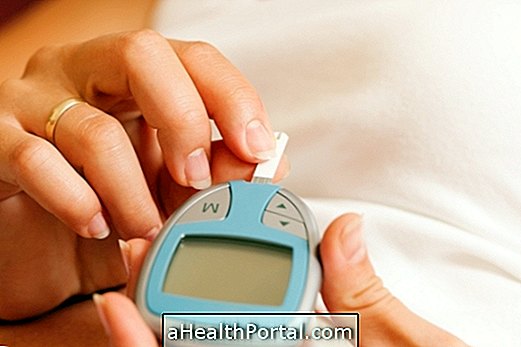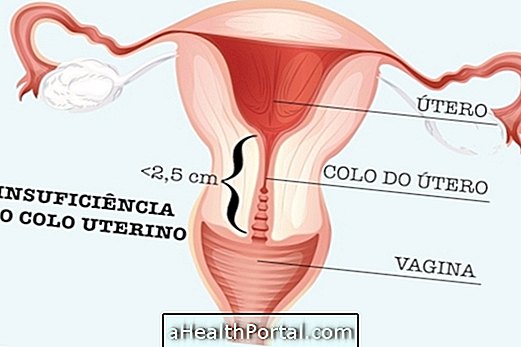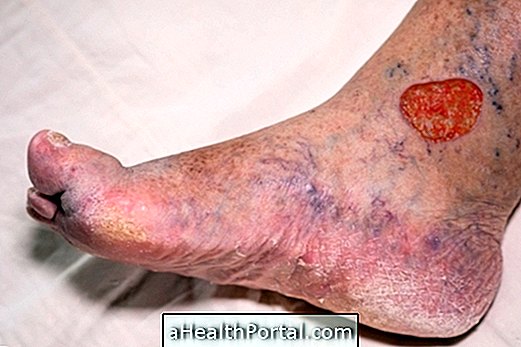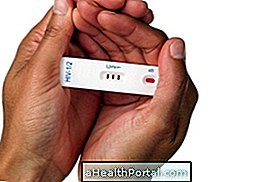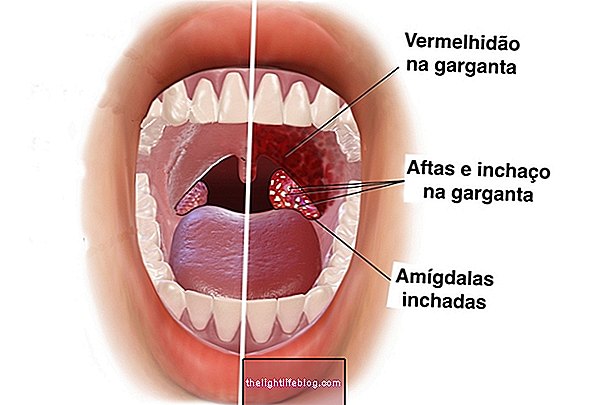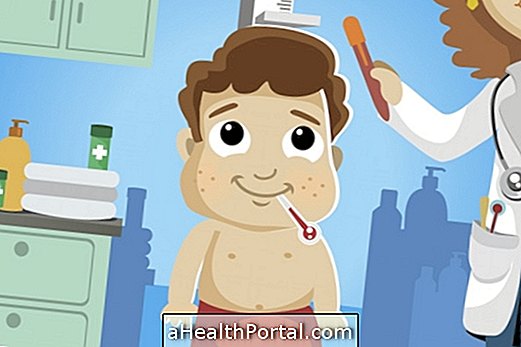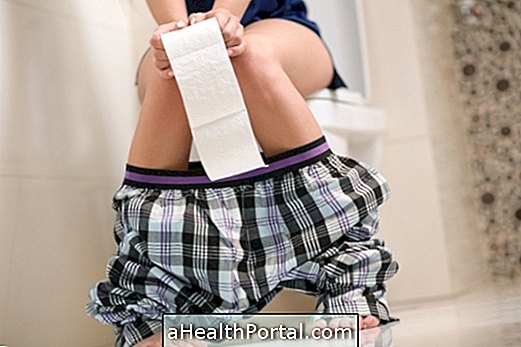The woman's first postpartum visit should be about 10 days after the baby's birth, when the gynecologist or obstetrician who accompanied her during pregnancy will assess postpartum recovery and overall health status.
Postpartum consultations are important to identify problems such as changes in thyroid and high blood pressure, helping the woman recover and facilitating the return to normal daily routine.

What are the queries for?
Women's follow-up visits after birth are important for detecting problems such as anemia, urinary tract infection, high blood pressure, diabetes, thyroid problems and thrombosis, as well as evaluating breastfeeding and recovery of the vagina in the event of normal delivery, and surgery points, in case of cesarean section.
These consultations also help identify infections in the mother that can end up happening to the baby, in addition to the doctor being able to assess the emotional state of the mother and diagnose cases of postpartum depression, when psychotherapy is necessary.
When to make the queries
In general, the first consultation should be done about 10 days after delivery, when the doctor will evaluate the woman's recovery and request new exams.
The second consultation occurs at the end of the first month, and then the frequency decreases to about 2 to 3 times a year. However, if any problems are detected, consultations should be more frequent, and it may be necessary to follow up with other professionals, such as an endocrinologist or psychologist. See also the 7 Tests that the newborn should do.
When to take contraceptives
To avoid a new pregnancy, the woman can choose to take a contraceptive pill specific to this phase of life, which contains only the hormone progesterone, and should be started about 15 days after giving birth.
This pill should be taken daily, with no gap between cartons, and should be replaced with conventional pills when the baby suckles only 1 or 2 times a day or when the doctor tells you to. See more about Contraceptives taken during breastfeeding.

